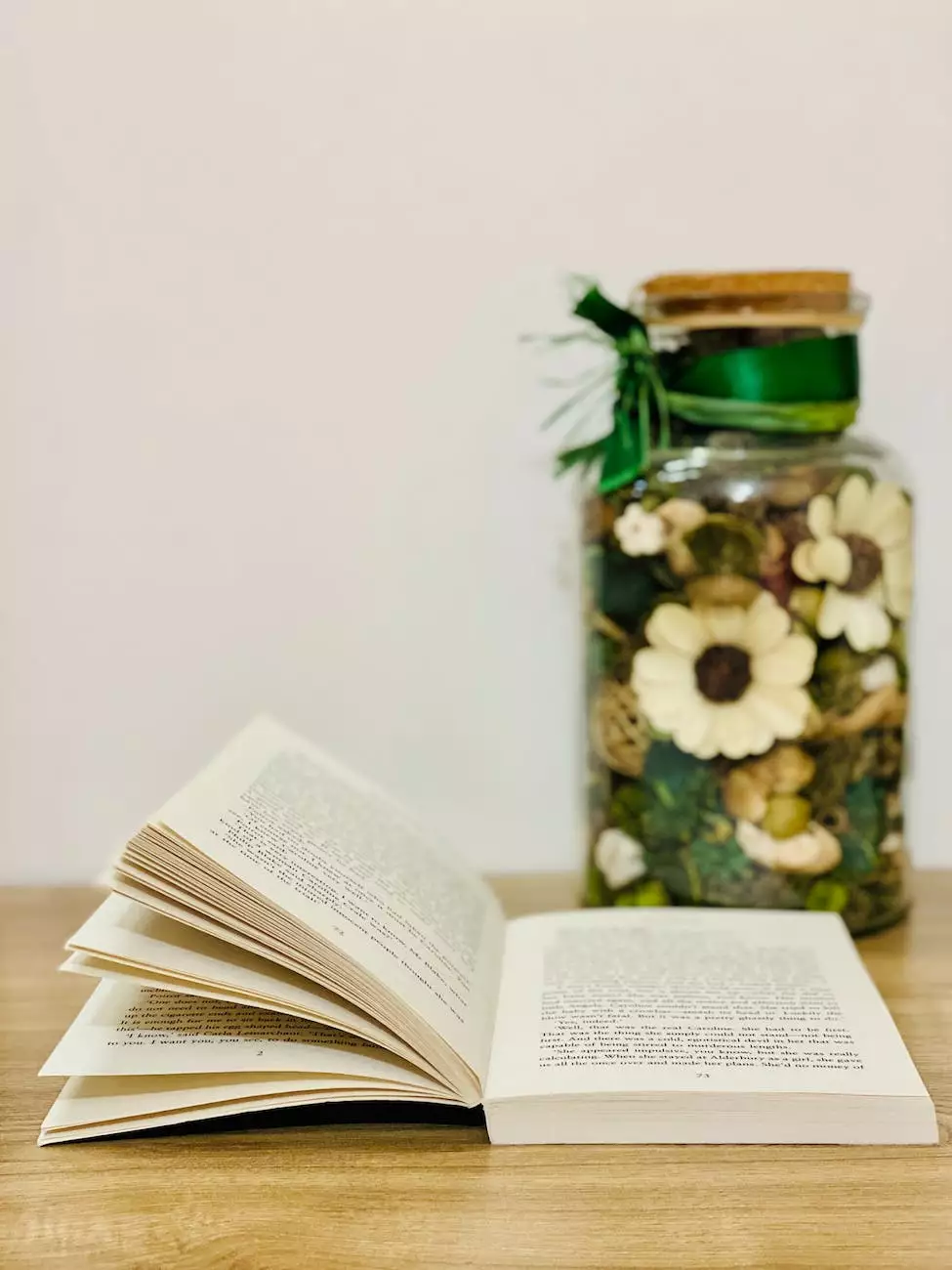321 – Using Though As A Conjunction & An Adverb
English Grammar Lessons
Understanding the Versatile Nature of 'Though'
'Though' is a word that holds immense versatility in the English language. It can be used as both a conjunction and an adverb, depending on the context and meaning intended. The proper usage of 'though' can significantly enhance your communication skills and make your writing more impactful. In this guide, provided by NJCLT, we will delve deep into the many ways 'though' can be used and explore some insightful examples.
Using 'Though' as a Conjunction
When used as a conjunction, 'though' functions as a way to introduce a contrasting or unexpected idea. It connects two clauses, highlighting a difference between them. It is often placed at the end of a sentence or used before the main clause. For example:
Contrasting Ideas
While 'though' can be used to introduce a contrasting idea, it is important to note that it should not be confused with 'although' or 'but.' 'Though' emphasizes an unexpected outcome or an unexpected truth that follows the preceding idea. Here's an example:
She wanted to go out, though it was raining heavily.
Surprising Outcomes
'Though' can also be used to express surprising outcomes that go against common expectations. This usage helps to create emphasis and adds a touch of unexpectedness to the sentence. Consider this example:
He won the race, though he had never run before.
Using 'Though' as an Adverb
As an adverb, 'though' is used to emphasize or add a contrasting thought to the previous statement. It acts as a transitional adverb, shifting the focus to an unexpected turn of events or an exception. Here are some ways 'though' can be used as an adverb:
However or Nevertheless
When 'though' is used as an adverb, it can be used interchangeably with 'however' or 'nevertheless.' This usage helps to create a sense of contrast or surprise. For example:
She was tired; she continued working, though.
Yet
'Though' can also be used to convey a sense of 'yet' or 'still,' emphasizing an unexpected outcome or an exception to the usual. This usage adds depth and intrigue to the sentence. Consider the following example:
The weather was terrible; he went hiking, though.
Conclusion
In conclusion, 'though' is a powerful word that can be used as both a conjunction and an adverb. When used correctly, it adds depth and contrast to your writing. NJCLT encourages you to explore the various ways 'though' can be used and experiment with it in your own sentences. Practice incorporating 'though' into your communication to enhance its impact and make your message more memorable.
Learn More with NJCLT
If you want to delve deeper into the world of conjunctions and adverbs, NJCLT offers comprehensive language resources to help you expand your knowledge. Visit our website to explore our extensive collection of guides, tips, and tutorials.










